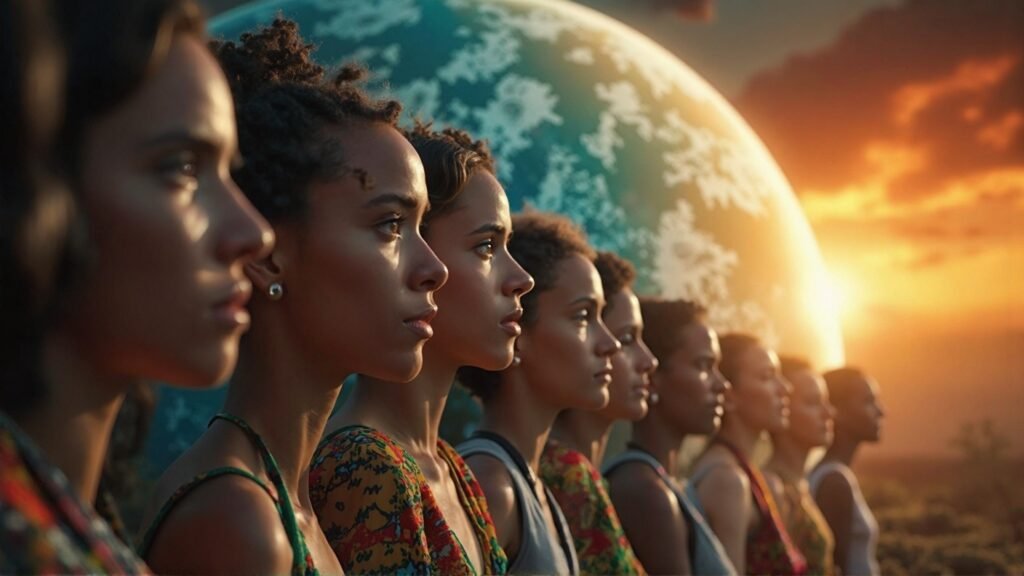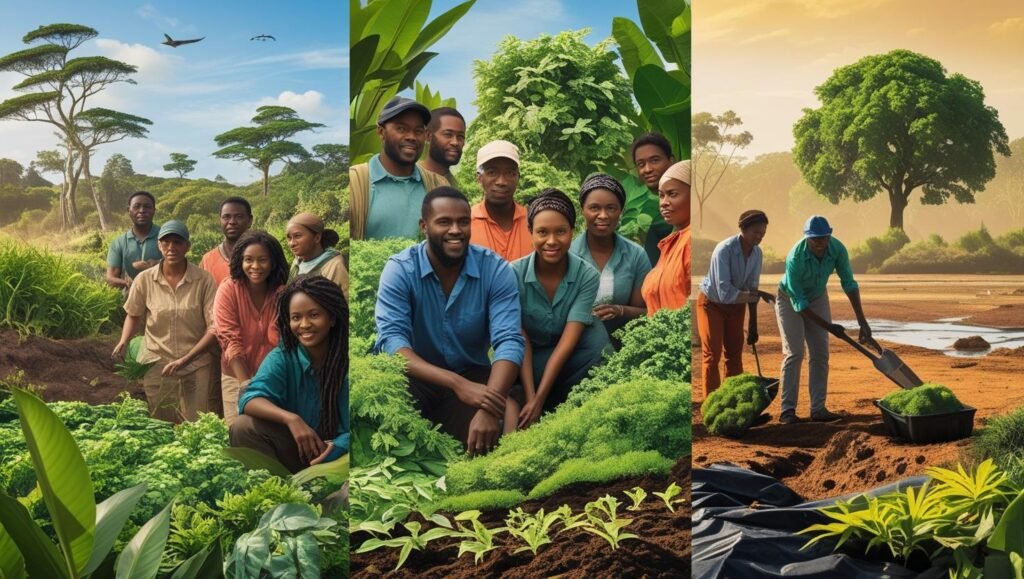

Natural Resources and Climate Justice in the Black, African, and Caribbean Fashion Industry
The Black, African, and Caribbean fashion industry is rooted in generations of creativity, craftsmanship, and cultural pride—but it also faces the urgent challenge of aligning with environmental sustainability and climate justice. As global conversations intensify around climate change, the fashion industry must address its role in the exploitation of natural resources, pollution, and the marginalization of communities most vulnerable to environmental harm.
At the heart of the African Cultural Fashion Heritage movement is a commitment to climate justice and the ethical stewardship of our environment. Many African and Caribbean nations are rich in natural resources like cotton, dyes, leather, and other textiles that have historically been extracted with little benefit to the local people. We believe it’s time to reverse that narrative by investing in sustainable sourcing practices, supporting eco-conscious artisans, and encouraging brands that prioritize transparency and environmental care.
Climate justice in fashion means empowering local communities to take charge of their resources, build sustainable economies, and protect the ecosystems that have nurtured their traditions. It also means holding the global fashion supply chain accountable for environmental degradation and ensuring that the voices of Black, African, and Caribbean designers and producers are central in the sustainability movement.
We advocate for:
Ethical production practices that preserve land, water, and biodiversity.
Supporting small-scale, eco-friendly artisans and textile producers.
Promoting circular fashion and upcycling within traditional African and Caribbean design practices.
Investing in green infrastructure and education in fashion-focused communities.
Encouraging global brands to source responsibly and reinvest in the communities they profit from.
Through advocacy, partnerships, and cultural pride, we are building a fashion industry that is not only inclusive and creative—but also environmentally just. The future of fashion must be green, and it must begin with those who have long carried the cost without reaping the benefits.
The time is now to reclaim our natural resources and honor the Earth through fashion that respects culture, uplifts communities, and protects our shared future.
